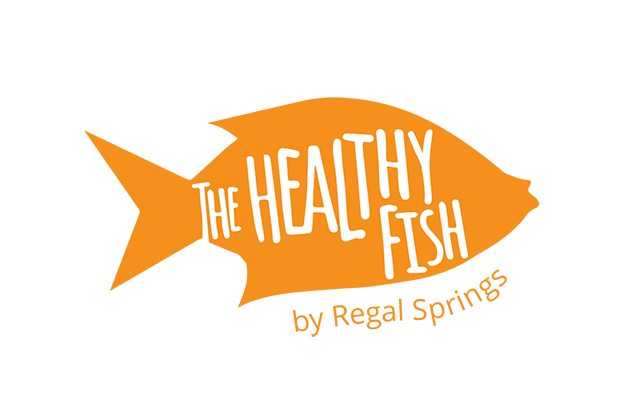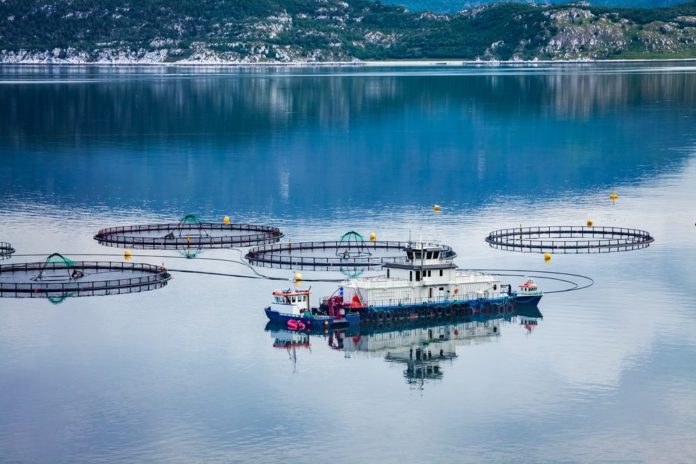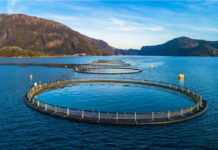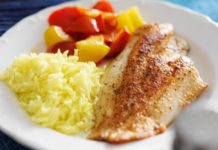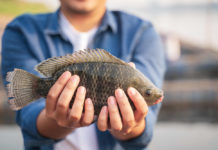The ocean of information on display in grocery stores can feel overwhelming, especially with labels like organic, natural and sustainable on packaging. Taking the time to learn more about labels on the food we buy can feel daunting. However, it is not only important to read nutrition labels on the foods we purchase, it’s also extremely beneficial to buy foods that have high-quality sustainability certifications—especially when it comes to seafood.
These labels can provide a wealth of knowledge on how your food is produced, maintained and packaged. Whether your greatest concern is your family’s health, sustainability or the ethical conditions employed during the production of seafood products, being informed about these labels is worth the effort.
What is the Global Aquaculture Alliance?

One of the best sustainability certifications to look out for on seafood products is the Best Aquaculture Practices (BAP) certification seal awarded by the Global Aquaculture Alliance (GAA). This seal informs the consumer that the seafood is held to and maintains a comprehensive set of high ethical standards and food safety requirements.
The GAA is a third party, international, nonprofit organization that promotes the expansion of responsible aquaculture practices. Because of their third party status and the detailed audit process that goes into getting BAP certified, the GAA is considered a trustworthy and sustainability-focused seafood certifier.
Founded in 1997, the aim of the GAA is to increase the seafood supply, which they project will drop below global demand by 2030. In addition to administering audits for BAP certifications, the GAA runs workshops, hosts an annual Global Outlook for Aquaculture Leadership (GOAL) conference and publishes a magazine, Global Aquaculture Advocate.
Over 1,700 aquaculture facilities around the world have been certified by the GAA. Further, over 150 retail and foodservice companies have committed to supporting the certified facilities by stocking BAP certified product.
Learn more about the history of the Global Aquaculture Alliance.
BAP Certification

The extensive audit and review process required for companies and farms is what makes the BAP logo stand out from the crowd. Certifications are granted by the Global Aquaculture Alliance after rigorous science-based audits are performed based on four pillars of standards:
- Food safety
- Social welfare
- Environmental
- Animal health and welfare
Audits for Best Aquaculture Practices certifications are extremely detailed within these categories and vary even more depending on the type of facility being certified. Currently, the BAP certification is the only sustainability certification that focuses on the entire seafood production chain—from farms to processing plants, hatcheries to feed mills. BAP also only certifies facilities who have expressed interest in and paid for an audit. They aren’t selecting facilities they think have good practices and only audit when a facility self-elects.
Although checking for the BAP logo or other seals on your seafood products adds an extra step to your grocery shopping routine, it is a worthwhile endeavor for making sure your seafood purchase is helping sustain aquaculture practices and the environment. It is increasingly critical to be aware of how the food we consume was manufactured in order to maximize our health, support our communities and manage our long-term seafood supply.
Regal Springs BAP Certification
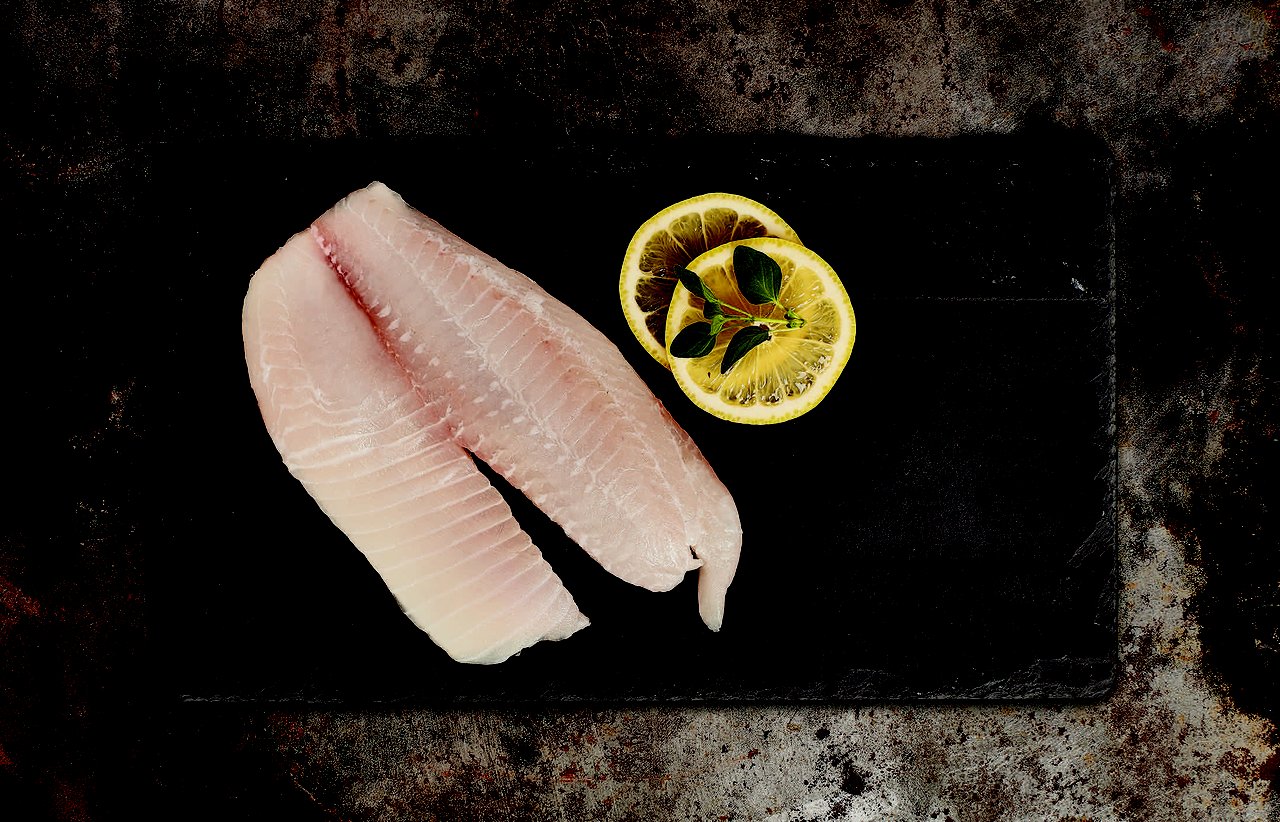
In 2012, the processing plant located in Honduras became the first BAP certified facility for Regal Springs. Since then, all components of the aquaculture operation in Honduras have been certified, making Regal Springs the first facility in Honduras to be four-star BAP certified. Their Mexican facility is also BAP-Certified. So, when you buy Tilapia and it says it’s from Honduras or Mexico on the label, you can rest assured it’s been held to the high BAP standards.
Keep an eye out for the Best Aquaculture Practices certification when buying seafood products—Regal Springs Tilapia is an excellent option—and learn more about what you can do to counteract the global food shortage here.
Photo Credits: Andrey Armyagov / Shutterstock Inc., GOLFX / Shutterstock Inc., BAP Marketing Toolkit, Regal Springs
